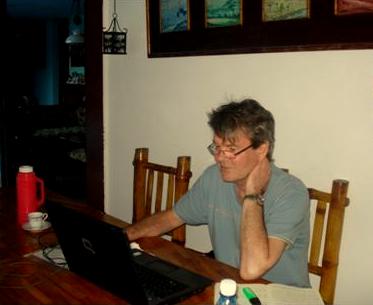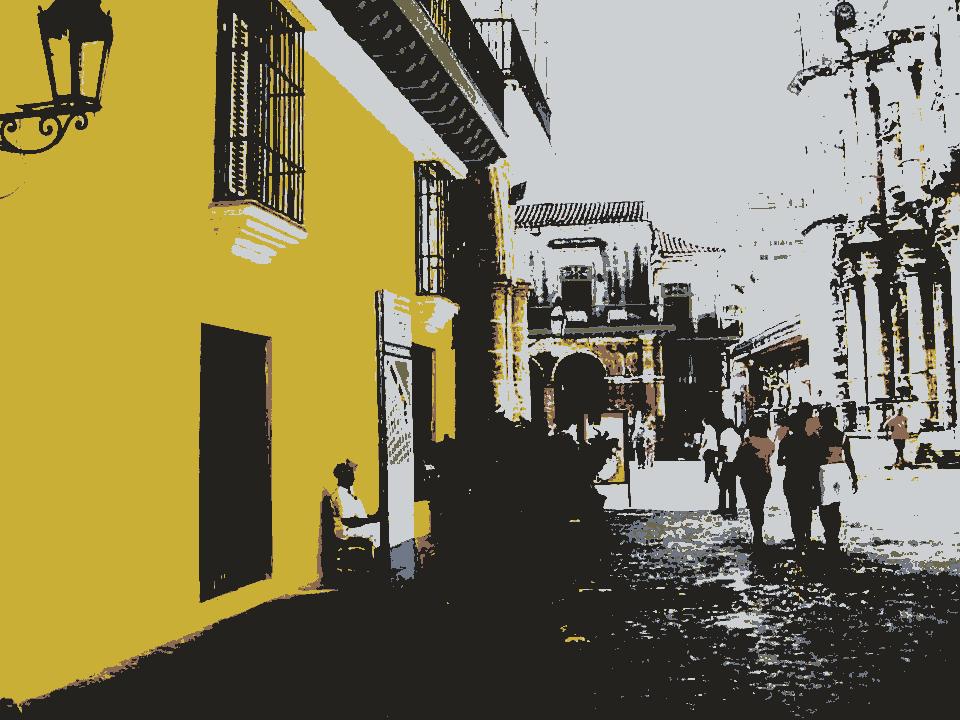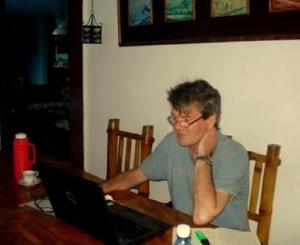This is, to most people an insignificant story. I first learned of it in on September 23rd 2015. It made me angry at the time. I then discovered that it kept making me angry, kept coming back to me, partly because everybody else was ignoring it. In the grand scheme of things it is of no consequence, but to me, in its unique, corrupt way, it somehow typifies what is wrong with this country and much of the world.
In 2010 two students, the Hilliard brothers, were accused of violent disorder by The Metropolitan Police at a demonstration against student fees in London. They were charged with dragging a policeman off of his horse and beating him. David Cameron, decided to assist the police and gain some publicity by suggesting the boys should “face the full force of the law.” The full force of the law here would have been a seven year prison sentence.
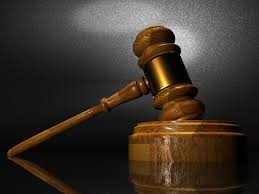
Just pause here to ponder what a seven year sentence would mean to these boys: their lives ruined, four years or so among largely unsympathetic criminals, career prospects nil, disgrace for their family and a memory, a daily reminder, of the English justice system for the rest of their lives.
Now, what actually happened? The officer in question had not secured his saddle properly and while he was pulling Christopher Hilliard’s hair so hard he nearly left the floor – he fell off his horse. The Hilliard brothers were then set on by at least four policemen who battered them with truncheons and kicked them. For the crime of being assaulted they were charged with assaulting the officers, facing a long term in prison and a difficult life ahead.
They didn’t do anything, had committed no crime.
As The Guardian stated:
David Cameron himself risked influencing the outcome of the legal process when he publicly drew attention to the case, insisting that police had been “dragged off horses and beaten”. The reality is that young people have not only been denied access to education and jobs through the abolition of the education maintenance allowance and the rise in tuition fees, but they are also being injured, demonised and criminalised when they protest about it.
You see, the two students had spent two years amassing a vast amount of footage of the incident. You can imagine how hard they had to work to get it. The footage showed the officer pulling Hilliard’s hair, it showed his saddle slipping because he hadn’t secured it, it showed the police all around descending on the boys and viciously beating them. Jennifer Hilliard, the boys’ mother, who has tirelessly protested their innocence thought Cameron owed the family an apology, “I think there was an assumption of guilt” she said – incredibly mild in the circumstances.
Christopher Hilliard said:
“I used to have a very positive view, now it’s a very negative view. Through all these things that have happened I certainly don’t trust the police. We were told by our lawyers that the likelihood of us being found not guilty, due to the number of police witnesses, was extraordinarily low (8 police witnesses lied). It’s only due to the fact that we were able with our mum to put together a lot of data, a lot of video footage for the trial, that we were able to be found not guilty through a lot of hard work. But, yes, I frequently worried that I was going to go to prison, that I was going to be incarcerated for something that was not of our doing at all.”
The comments from the family are incredibly tolerant. They seem like a nice, normal, law-abiding family. But imagine if they hadn’t done all that work to clear themselves; imagine if they had just gone with system. The eight lying police officers would have been believed and what was meant to happen would have happened – seven years in prison. This was not an isolated case; there have been at least eleven acquittals by jury since the demos. A lot of police misbehaviour followed by lies.
Ah, but now you’re being filmed.

The brothers were awarded £25,000 each in September 2015. David Cameron, of course, didn’t apologise. It’s a paltry sum, but what do ordinary people want with money? – money goes to people like David Cameron, and they keep it and grow it. Cameron will have forgotten all about it. The Met said:
“The Metropolitan police service has settled civil claims brought by Christopher Hilliard and Andrew Hilliard following their arrest during a protest on 9 December 2010. The claimants have also been given a written apology confirming that they should not have been arrested and expressing regret for the distress and injury suffered.”
Hmm…
Cameron didn’t care if the story was true; he didn’t care that two young men’s lives would be ruined. He foolishly jumped on the bandwagon at the wrong time. It should have caused a scandal. People really should be protesting, demanding answers, but they don’t care – too busy shopping for rubbish and playing with their phones and gadgets.
The story, as far as I can discover, was reported nowhere of significance. I discovered it on Channel 4 news. Credit to them for covering it, but they did only give it two minutes, as though they were reluctant to report but thought they’d better, being a radical news programme and all. The BBC, ITV and Sky didn’t report it. Some minor educational papers reported it. The Guardian reported some of the later stuff. Some newspapers reported the compensation award (always interested in money). It does make one wonder about our media. Why the almost universal lack of reportage? They ALL reported the untrue inciting incident. Do you think they might be telling us what they want us to know, rather than what we ought to know?
And what of the Metropolitan Police? If they hadn’t been filmed and watched, several innocent people would be in prison. Now, I have nothing against the police. I have had dealings with them and always found them pretty decent. They have a job to do after all. But the police wheeled out at demonstrations are a different breed. They are the protectors of the system, the protectors of the money. They will do whatever they’re told. They are increasingly better armed; they are the military arm of the government. They are very violent people, itching to go out and hit someone. They have no conscience or finer feelings about lying and locking innocent people up for years. They probably enjoy it.
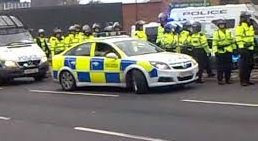
I know it’s not so bad here as in other places. In Iraq, Iran, Russia, China and many other places it is much worse; they will kill you for standing in the wrong place, but do not believe that our police wouldn’t do the same thing if they were allowed to.
There have been no significant demonstrations since 2010. The police did their job. These people are merely defenders of the status quo. It is alarming how many people support them, defend them, even admire them – startlingly stupid people.
But for those of you with a functioning brain – wake up. It is getting worse and will be game-over before you know it. This was a comparatively minor incident, but it typifies a million more, a billion more. Even if you only send an email – do something.
